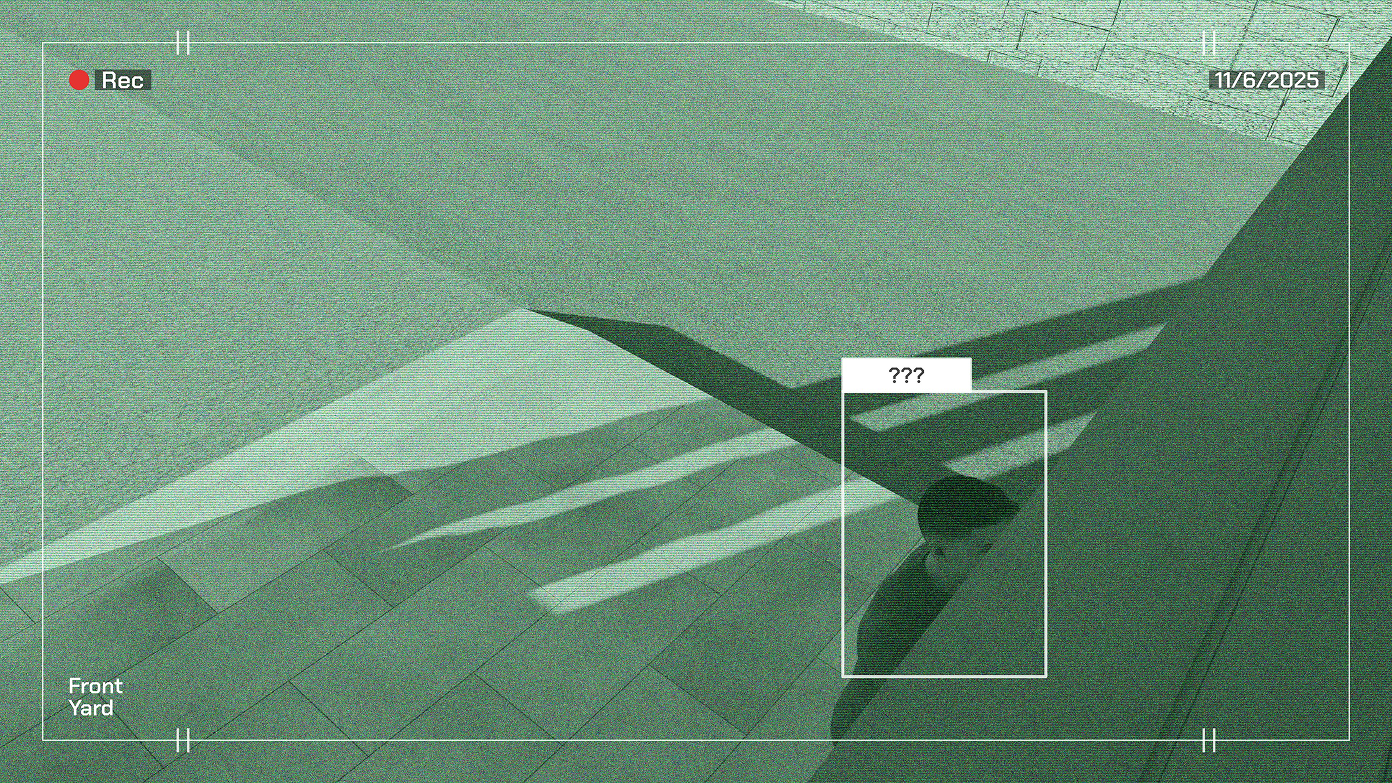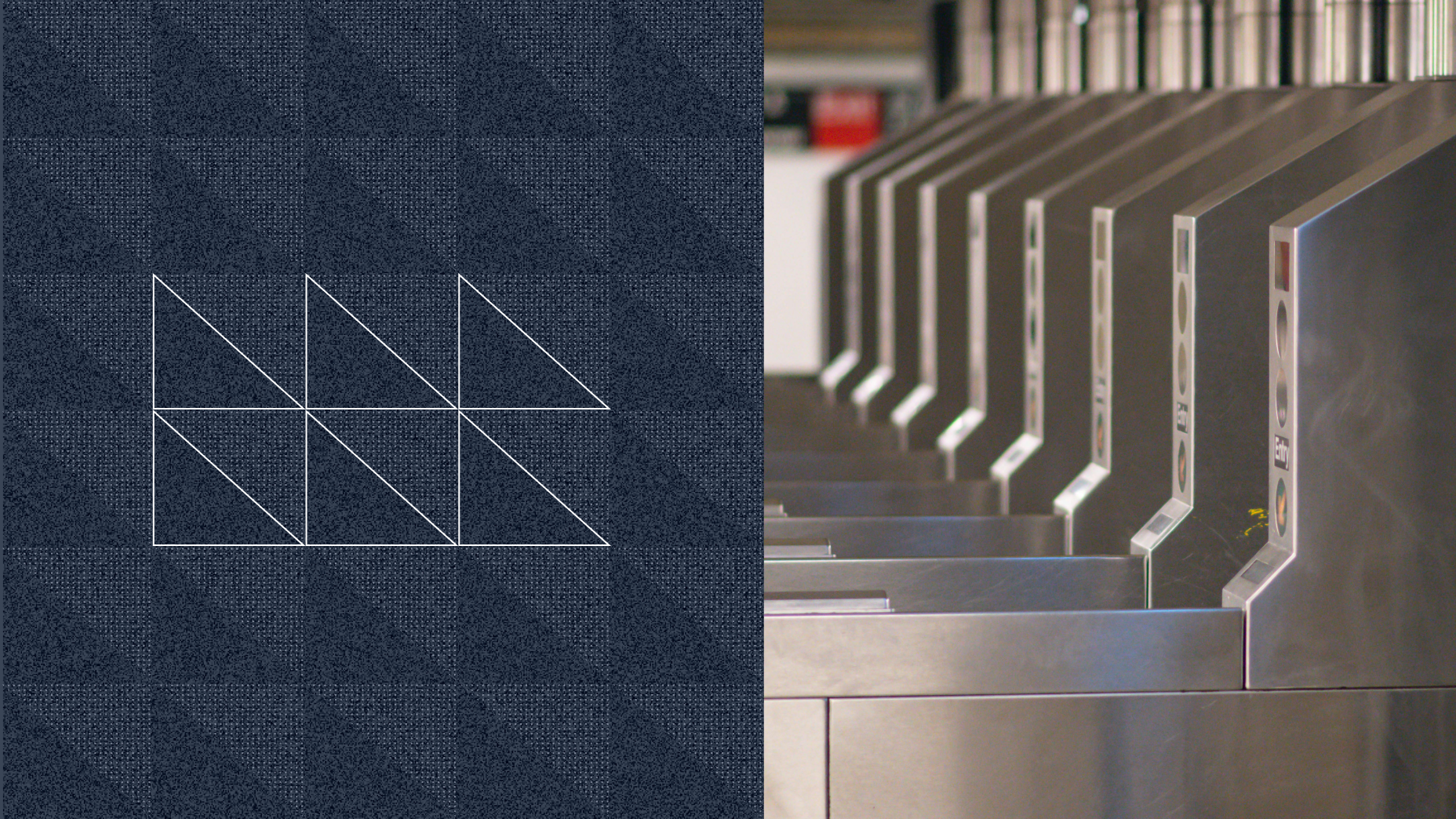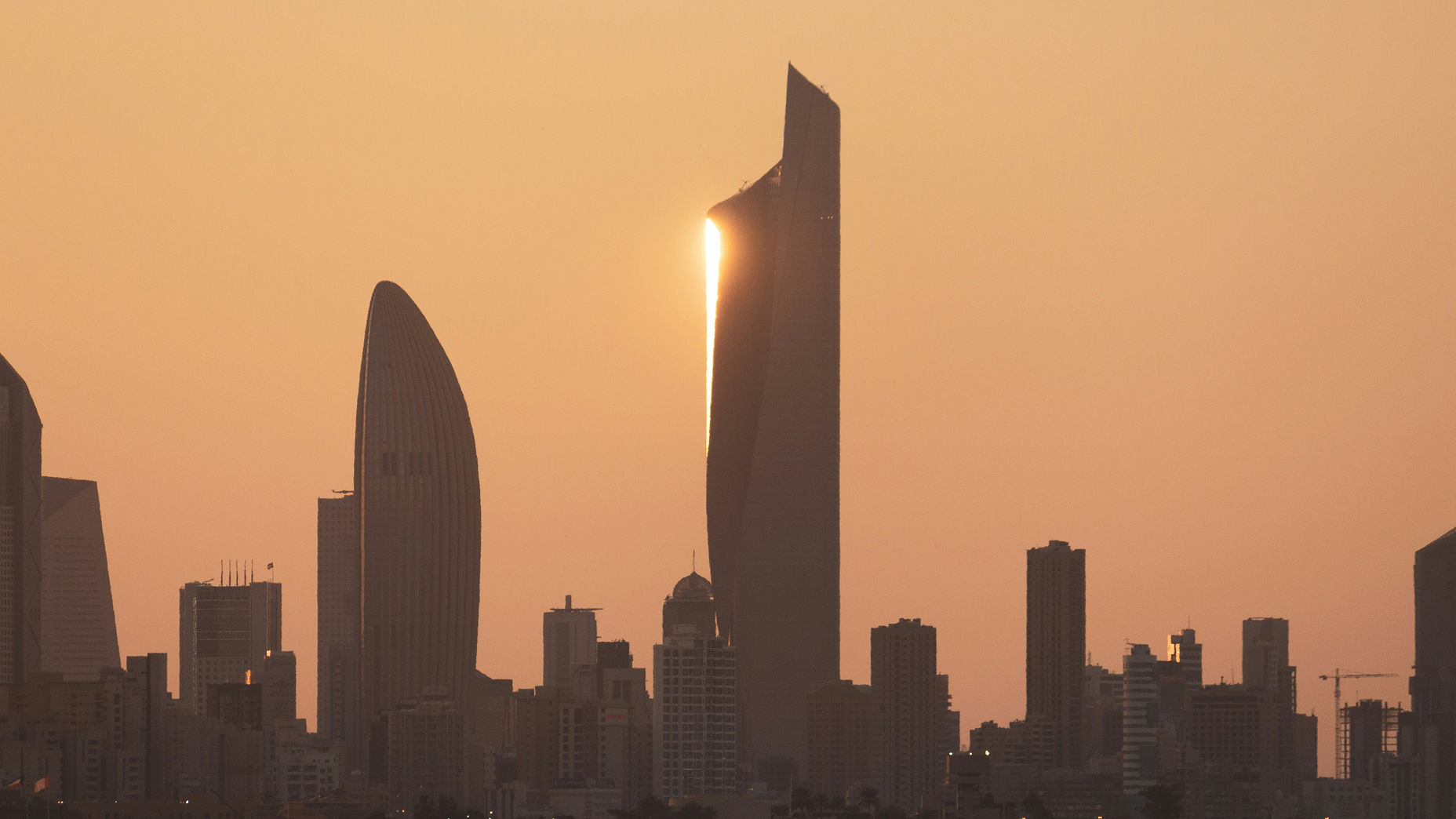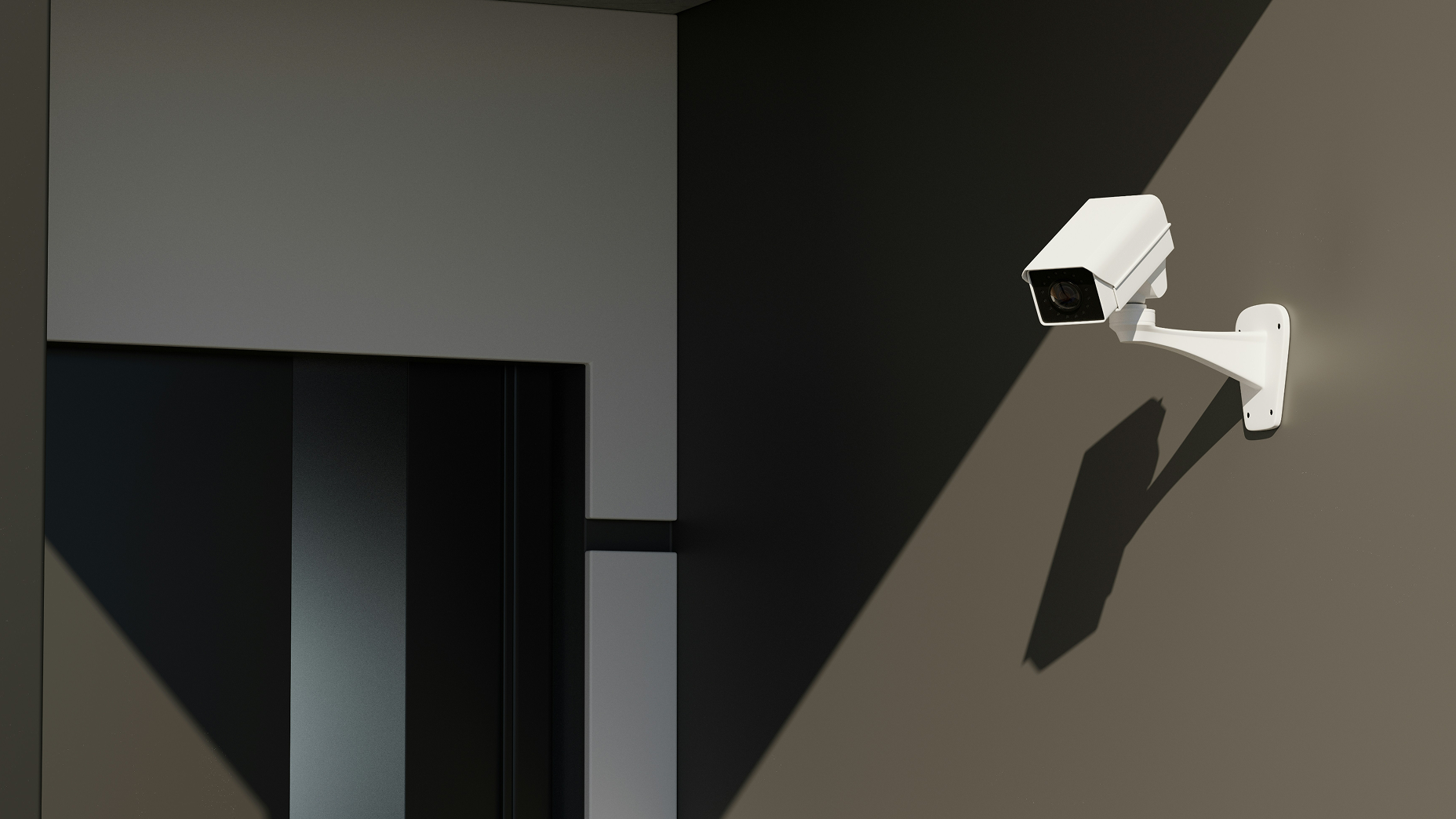When planning a CCTV installation in Kuwait, selecting the right equipment isn’t just about resolution or storage — it’s about resilience. Harsh environmental conditions can quickly degrade poorly protected systems, leading to failures that compromise both compliance and safety.

Environmental Challenges for CCTV in Kuwait
Kuwait experiences some of the most extreme weather conditions globally. Summer temperatures frequently exceed 50 °C (122 °F), and dust storms are common, with over 200 airborne dust events per year. According to the Kuwait Meteorological Department and international climate research, Kuwait City receives over 270 tons of dust per km² annually — one of the highest rates recorded globally (source).
Together, these harsh environmental conditions pose serious challenges for camera housings, lenses, electronics, and storage systems. Heat can damage internal circuitry and shorten equipment lifespan. Dust can obscure lenses, clog ventilation, and infiltrate enclosures — causing system failures when you need them most.
To maintain reliable, 24/7 surveillance in such conditions, it is essential to use cameras with the appropriate Ingress Protection (IP) rating, along with heat management solutions and scheduled maintenance. This article explains what IP ratings mean, how to choose the right one for your project, and why IP66, IP67, or IP68-rated devices are strongly recommended for CCTV projects in Kuwait and other harsh desert environments.
What Are IP Ratings?
IP ratings are defined by the international standard IEC 60529 and specify the level of protection an enclosure offers against solids (like dust) and liquids (like rain or water jets). The format is IPXY, where:
- X = protection against solid particles (0–6)
- Y = protection against water (0–9)
IP Rating Reference Table
Why This Matters for Camera Longevity
Dust and water are the primary causes of corrosion, seal degradation, and lens fouling in outdoor surveillance systems. In Kuwait, frequent sandstorms and cleaning with pressurized water place heavy stress on camera enclosures. Cameras with inadequate IP ratings may:
- Suffer lens fogging or internal moisture buildup
- Experience shortened lifespans due to constant exposure
- Require more frequent maintenance or replacement
By choosing equipment with a minimum rating of IP66, system integrators ensure longer camera lifespan, reduced maintenance costs, and consistent image quality.
For security integrators working in Kuwait’s challenging conditions, IP66 or higher should be considered the standard baseline for all external deployments—especially on highways, oil facilities, rooftops, or exposed compounds.
Need help selecting IP66+ rated cameras for your next project? Contact our team at Aspire Security for tailored advice and specifications.

.png)







